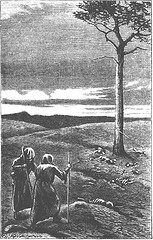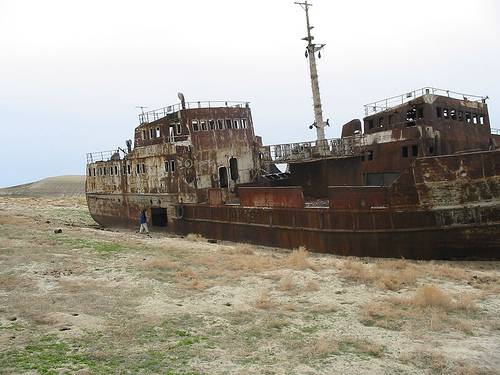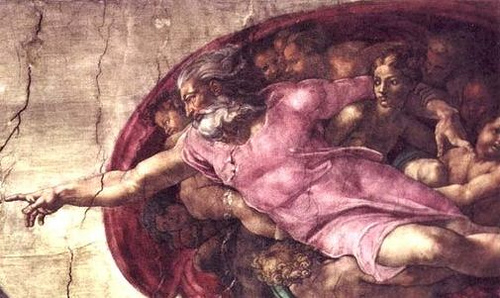“Man is the only animal that laughs and has a state legislature.” — Samuel Butler
Three Strikes
Predictions by Scottish mathematician and physicist Lord Kelvin, president of the Royal Society:
- “X-rays will prove to be a hoax.” (1883)
- “Heavier-than-air flying machines are impossible.” (1895)
- “Radio has no future.” (1897)
Speaking to the British Association for the Advancement of Science in 1900, he said, “There is nothing new to be discovered in physics now; all that remains is more and more precise measurement.” Einstein’s annus mirabilis came five years later.
The Upas Tree

In the 18th century, tales circulated of a terrible tree in Java, so poisonous that it destroyed all life within 15 miles. It grew alone in a desolate valley, surrounded by dead bodies; there were no fish in the streams nearby, and birds fell from the sky. The upas tree’s poison could be harvested only by condemned criminals wearing leather hoods fitted with glass eyeholes, and scarcely a tenth of these returned.
Lord Byron and Charlotte Brontë popularized this account, and so did Charles Darwin’s grandfather Erasmus, but the truth is more prosaic. There is a upas tree, but its poison is generally only dangerous if you receive it via an arrow. It lives in Southeast Asia.
The exaggeration can be traced to one man, a French surgeon named Foersch who published a florid account in the London Magazine of December 1783. He was either sly or gullible — it’s not clear which.
The “Toxic Lady”
On Feb. 19, 1994, Gloria Ramirez was admitted to California’s Riverside General Hospital complaining of chest and stomach pains. She was in cardiac arrest about 15 minutes after arriving at the emergency room.
A doctor and two nurses drew blood for testing, which the nurses later said contained small white crystals and smelled of ammonia. Almost immediately after smelling the fumes, all three passed out. The emergency room was evacuated, patients were moved to the parking lot, and a hazardous materials crew had to seal Ramirez’s body in an airtight coffin.
What happened? No one knows. The fumes hospitalized six workers, but an autopsy on Ramirez’s body suggested only kidney failure related to cervical cancer. After conducting 34 interviews, the California Department of Health Services chalked up the outbreak to “mass sociogenic illness.” But more investigations may be forthcoming — the lawsuits are just starting up.
High and Dry

The Aral Sea is shrinking. In 38 years it’s dropped from being the world’s fourth-largest lake to its eighth-largest. Soviet planners diverted the rivers that fed it.
Where’s the Fallacy?

“A Monsieur Chaban”
A Monsieur Chaban, in Paris, exhibited his astonishing powers of resisting heat, in so wonderful a manner, that the National Institute, and other learned societies, appointed delegates to view and inspect the performances, and to report thereon. Among other singular feats exhibited by this man, and reported to the National Institute, was his going into a common baker’s oven, with a leg of mutton in his hands, and remaining, in the usual manner, closed in until the mutton was completely dressed; another, that standing in the midst of a tar barrel, he remained therein till the whole was consumed to ashes around him. In 1818, he arrived in London, and publicly exhibited himself in Piccadilly, where he offered to repeat these last two exhibitions, before any number of persons, on being properly remunerated for the same; at the same time; he generously offered himself to the fire-offices and the public, in cases of calamitous fires, whenever they should be pleased to call on him, without fee or reward.
— Kirby’s Wonderful and Scientific Museum, 1820
Omnipotence Paradox

If God can do anything, can he make a rock so big that he can’t move it?
In a Word
vivisepulture
n. burial alive
Bad Advice
In 1887, president Grover Cleveland welcomed an old friend to the White House. Weary of the office, he said to the man’s 5-year-old son, “My little man, I am making a strange wish for you. It is that you may never be president of the United States.”
The boy was Franklin Roosevelt.
